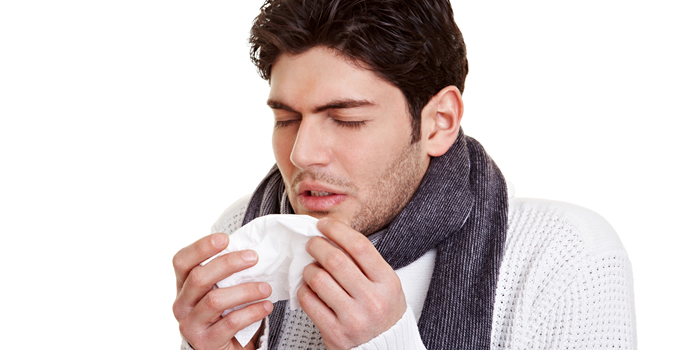
Hay Fever Symptoms and Treatments
Hay fever, also known as allergic rhinitis, is a condition in which the nasal passages become inflamed in response to exposure to inhaled allergens. The most common triggers for allergic rhinitis include grass, pollen, trees, dust mites, mold, and pet dander. Allergic rhinitis is closely linked to asthma and sinusitis and is sometimes mistaken as inflammation caused by upper airway acid reflux.
Hay Fever Symptoms
Depending on the trigger allergen, the symptoms of allergic rhinitis can be seasonal or year-round. When exposed to a trigger allergen, a person with hay fever may develop allergy-type symptoms, including
- sneezing
- nasal congestion
- runny nose
- postnasal drainage
- puffy eyes
- watery, red, or itchy eyes
- ear pressure
- facial pressure
- scratchy throat
- hoarseness
Treatments for Allergic Rhinitis
The best way to prevent allergic rhinitis is to avoid known allergy triggers as much as possible. If this is not possible, medical treatments are available.
Medications used to treat sinusitis and allergies are widely available and effective at controlling hay fever symptoms. Over-the-counter and prescription antihistamines are available in both oral tablets and nasal sprays. Some of the new antihistamines, such as loratadine, fexofenadine, and cetirizine, are formulated not to cause drowsiness, which was common with diphenhydramine and other older allergy medications. Many nasal allergy sprays have the added advantage of also providing a decongestant effect by reducing inflammation in the nasal passages. Corticosteroid nasal sprays are often prescribed to allergy sufferers as a maintenance medication, but it can take a couple of weeks for them to achieve their full effect. These sprays must be used on a daily basis for maximum effectiveness.
Immunotherapy, or allergy shots, may be recommended if prescription or over-the-counter medications fail to control allergy symptoms. Immunotherapy involves injections of a serum containing titrated doses of the patient’s trigger allergens. The injections are given on a regular basis, usually over a period of years, to desensitize the patient to their trigger allergens. Patients undergoing immunotherapy tend to show substantial improvement in their symptoms, and the treatment is considered the only method of curing allergy sensitivities.

